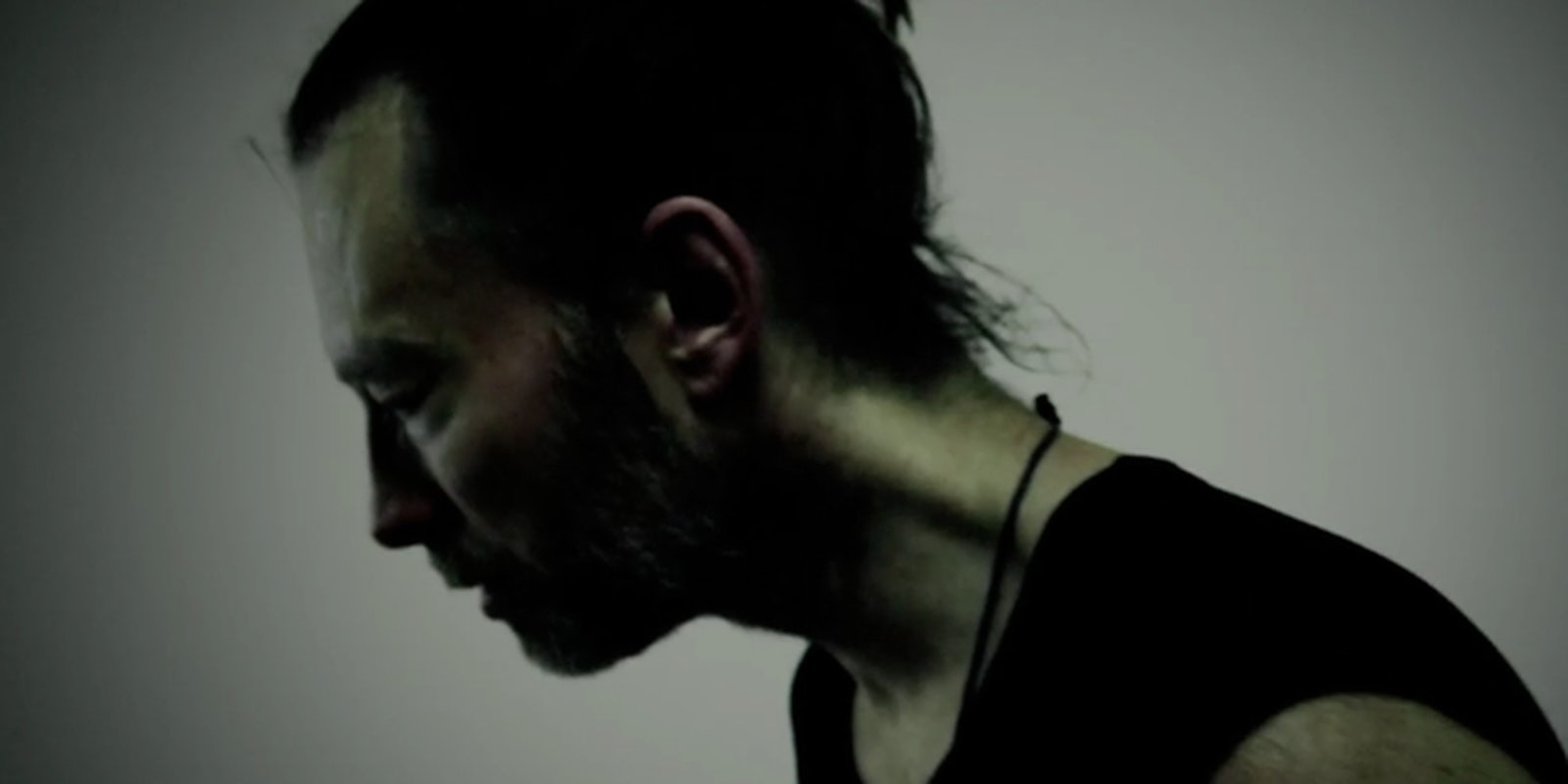On Friday morning, Thom Yorke released his first album in eight years via BitTorrent. We all joined in a collective “huh,” then we all downloaded it. In theory, at least.
Since Friday morning, it’s been downloaded more than 230,000 times through a bundle and “paygate” concept, which was a relatively new frontier for the company. BitTorrent, which was started in 2004, has grown steadily in the last decade, and seen its share of identity and legal issues. With this project, it’s continuing its mission to change the Internet’s perception about about piracy.
In Yorke’s statement about the partnership, the Radiohead singer mentioned that this was an “experiment” meant to see if the “general public can get its head around” the concept of BitTorrent and the mechanics of this particular offering. This might have come off as presumptuous, since plenty of people know about and use BitTorrent—it boasted 40 million mobile users last year. Still, BitTorrent is associated with piracy, which carries a negative connotation.
So how do you market a “piracy” site to a mainstream audience? Well, Thom Yorke helps.
BitTorrent and sites like it form their own sharing economy, though one that’s more heavily policed and regulated. The bundle concept, announced last year, was seen as a way to legitimize file-sharing and reach out to artists as content creators. BitTorrent reached out to filmmakers and musicians with the bundle model, in an attempt to get Hollywood to view them as a legit outlet for downloading and get other content creators on board.
Of course, Tomorrow’s Modern Boxes has already been pirated, but BitTorrent’s chief marketing officer Matt Mason knew this would happen.
“There’s never been a piece of content in the history of the world—before the Internet, compact discs were pirated,” he explained by phone on Friday afternoon. “And if you look at other companies who have tried to tackle this problem—Amazon, Google, Apple—no one’s been able to figure out a way to make people stop pirating.
“We can’t stop that, but one thing you’ll see today, which no other content company can claim, is that if you go and look on the search results from illegal piracy websites, the bundle is actually a torrent file under the hood. Those piracy sites will pick up the bundle in the search results, and because so many people have elected to buy or download the official bundle, [it’s] showing up higher in the search results than any of the illegal torrents.”
When BitTorrent went into this experiment, it was thinking about how to make the Internet a better place for artists, Mason says. His team had been in conversation with Yorke and Radiohead’s management for about two years, and while there were no plans for any big albums this year from Yorke or Radiohead, a meeting with producer Nigel Goodrich in London on Christmas Eve last year led to a conversation about how to make the Internet sustainable for artists, which led to conversations with both Yorke and Goodrich. Around SXSW, Mason learned Yorke would be releasing a full-length LP this year.
“We talk to focus groups,” Mason explained, “and when we ask them about piracy or why they might pirate something, often people say, ‘Well, I couldn’t get this anywhere else.’ If you can get content legitimately, literally everywhere that you can get content, including on piracy websites, we feel that’s a big win for us, the labels, and studios because consumers can make no excuses about how they couldn’t get this. If you put up a bundle, it will literally be everywhere on the Internet that consumer can download content.”
Further, BitTorrent is tweaking the pay scale Radiohead instituted with In Rainbows with the paygate, which is a way to “actually charge for content inside a torrent file,” Mason said. Ideally, the file will only download a finite number of times after you’ve paid for it, to stop people from infinitely sharing the file.
“But actually that’s a major change to the torrent file ecosystem,” he added. “It’s the first time you’ve had to pay for a torrent file, and one that can be protected and publishers have a degree of confidence that their work is not going to be shared illegally through the bundle product.”
When asked about Yorke’s statement on the mystery of BitTorrent, Mason admits the site is “definitely misunderstood.”
“It’s the name of a company, and the name of a product, and people still use it as a verb,” he explained. “To BitTorrent something is to download something. There’s good reason for the confusion; that verb has become synonymous with piracy, so that’s not technically a description of what piracy is. Torrenting is not just piracy, and piracy is not just torrenting.”
Mason believes BitTorrent “can and should be a part of the sustainable solution to help creators sell their work on the Internet,” and adds this album release is coming at a time when people on all sides of the music industry want innovation to move forward.
“We had a terrible year in innovation,” he said. “The biggest selling album so far this year has been the Frozen soundtrack, and the only innovative thing the music or tech industry has done this year is release a tool to take the U2 album off of your iPhone. It’s just been bad news for music technology.
“What we’re seeing is people do want a different way to get stuff. They want to believe that there’s more to the future of music than earning pennies from streaming websites.”
Screengrab via BitTorrent


